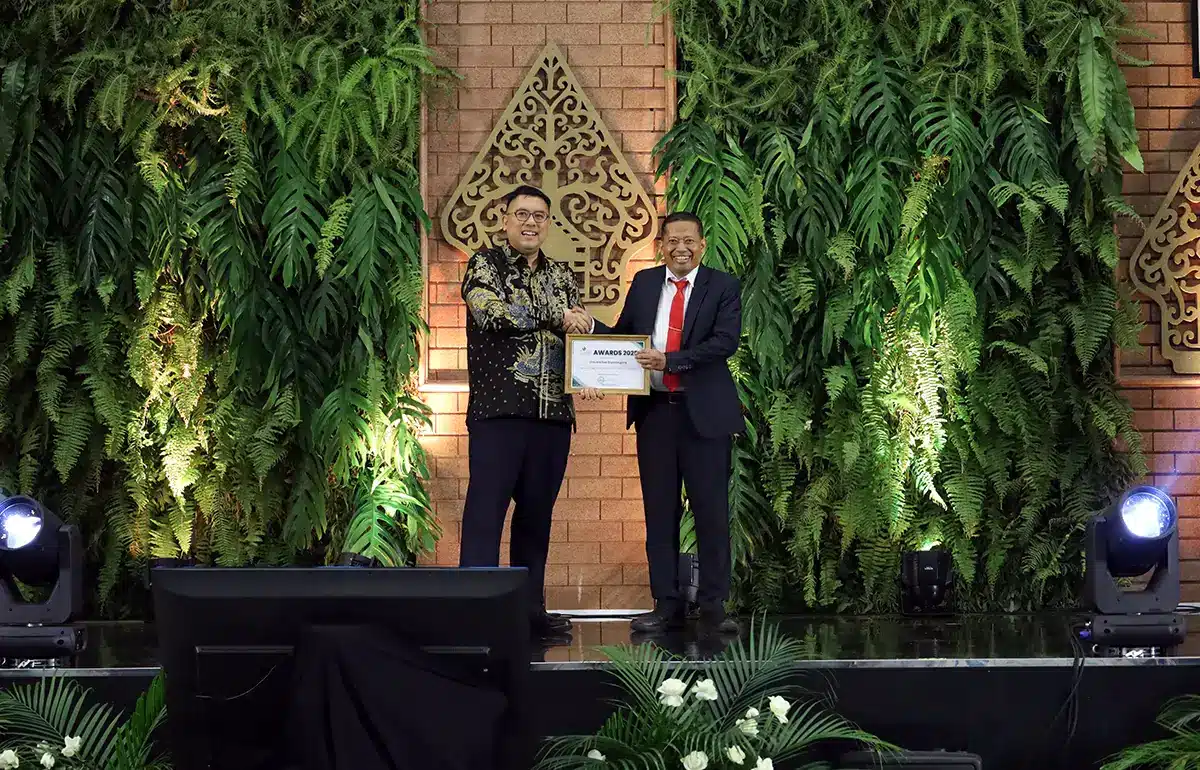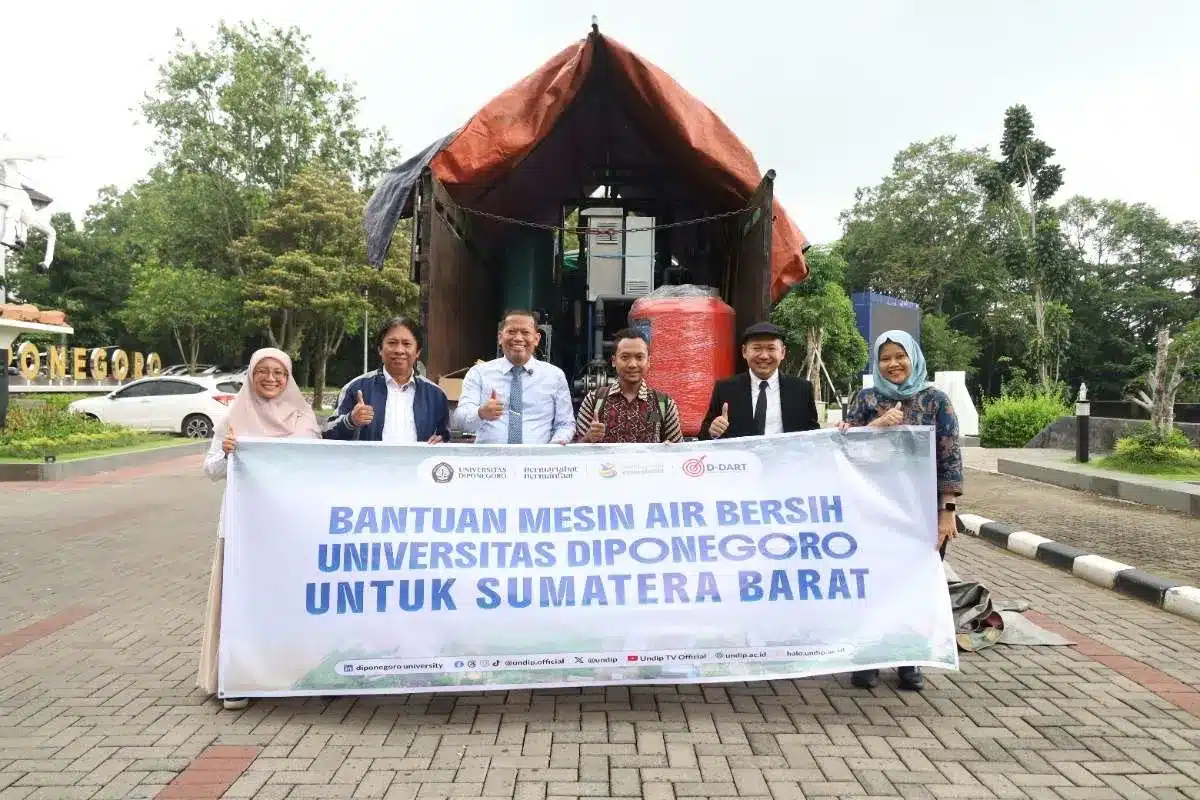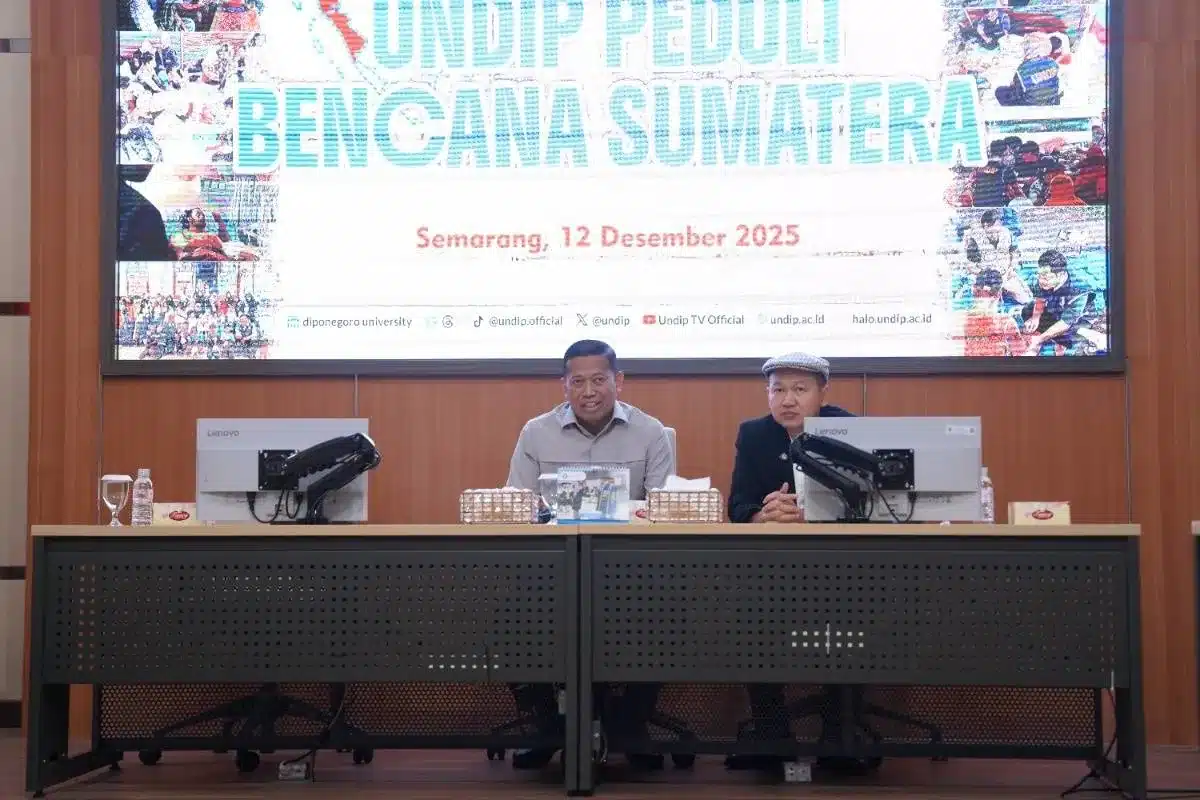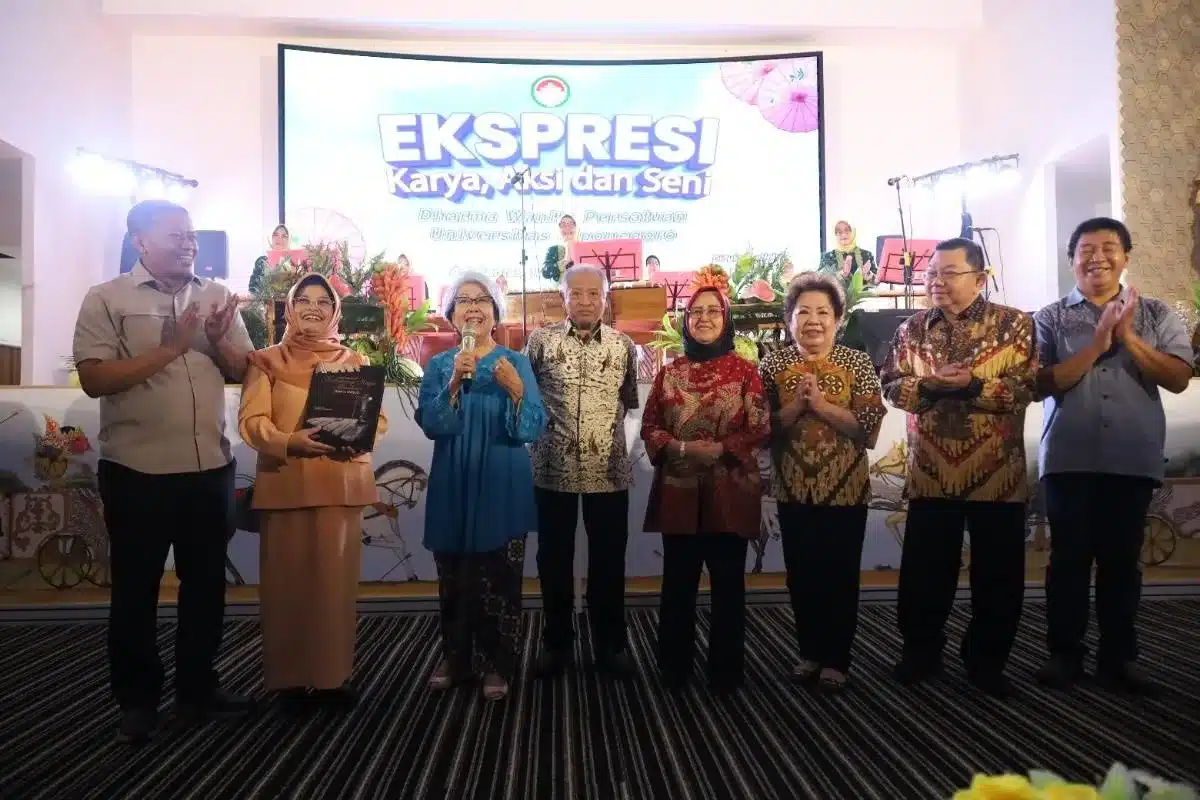Semarang, Bina Darma Palembang University’s lecturer, Usman Ependi, accomplished his doctorate after finishing his dissertation on the Dissertation exam for Information Systems Doctoral Study Program (DSI) Postgraduate School, Diponegoro University (Undip) and achieved a cum laude with 4,00 GPA. The exam was held on Monday, February 26th, 2024, at TTB A building, Undip Postgraduate School.
Dr. Usman Ependi has done research titled “Development of a Smart City Assessment Model Using Crowdsourced Data and Long Short-Term Memory Based on General Systems Theory.”
At the exam, Dr. R.B. Sularto, S.H., M.Hum., was present as the Head Examiner and the Dean of Undip Postgraduate School; Prof. Dr. Drs. Rahmat Gernowo, M.Si., was present as the Secretary Examiner and the Head of the System Information Doctoral Study Program; Prof. Dr. Adian Fatchur Rochim, S.T., M.T., was the promotor; and Dr.Eng. Adi Wibowo, S.Si., M.Kom., was the co-promotor.
The Examiner Team consisted of three persons: Examiner I, Prof. Dr. Ir. Hadiyanto, S.T., M.Sc., IPU; Examiner II, Prof. Dr. Ir. R. Rizal Isnanto, S.T., M.M., M.T., IPM; External examiner from ITB, Prof. Dr. Ing. Ir. Suhardi, M.T.
According to Dr. Usman Ependi, in order to accomplish a deeper understanding of the metropolis ecosystem through a smart city assessment, there is a significant restriction on traditional evaluation techniques. This restriction includes mismatching data sources, lacking comprehensive data, and real-time problems.
“A significant development of crowdsourced data accommodation has given a valuable dynamic portrait of the metropolitan system. The recognition of how important this data is propelled this research to initiate a smart city assessment model by utilizing crowdsource data; the main goal is to overcome the disparity in understanding urban interaction while simultaneously solving a data imbalance that came from crowdsource data,” stated Dr. Usman Ependi.
He added that this study adopts a model development based on the General Systems Theory (GST) principle for a smart city through the Design Science Methodology approach. Additionally, an imbalance in data management was emphasized by using hybrid-level data, which combined oversampling and undersampling, including Random Sampling and Neighborhood Cleaning Rule (ROS-NCL) with long short-term memory (LSTM) algorithm clarification.
The result of this study is a comprehensive smart city assessment model. This model provides extensive knowledge of urban ecosystems through three-dimensional continuity principles: social, economic, and environmental. This model also has twelve indicators that are relevant to the dimensions. The validity and effectivity of this model have been examined empirically through case studies on four cities in Java Island, Indonesia, namely Surabaya, Semarang, Bandung, and Jakarta. The results of this model were demonstrated through multidimensional analysis, giving an in-depth view of every city that can be employed for developing and restoring guidance in the future. Furthermore, the ROS-NCL approach and the LSTM approach have proved to be effective in solving data imbalances in crowdsource data classification to a smart city assessment’s dimension and indicator, demonstrating the superiority over another approach on hybrid-level data.
Source: Doctor of Information Systems, Undip Postgraduate School










